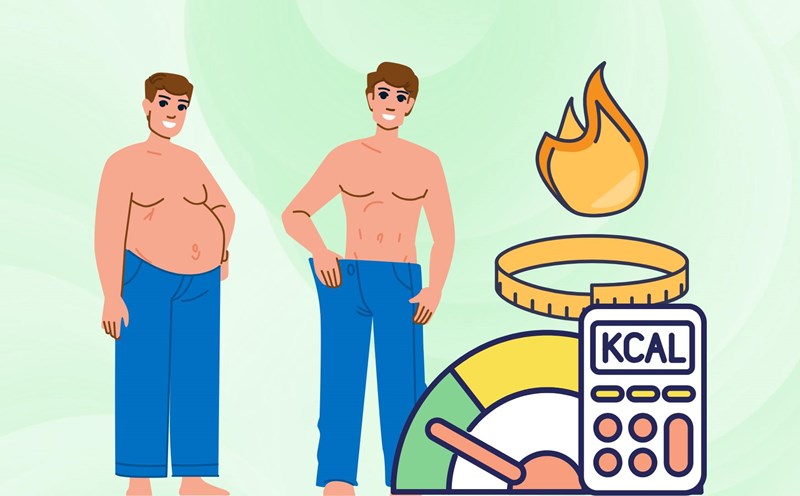According to Dr. Heidi Moawad, a medical expert at Case Western Reserve University (USA), both cardio and strength training play an essential role in maintaining comprehensive health, from cardiovascular to skeletal and neurological health.
If you only do cardio, you may miss the opportunity to build muscle mass to help stabilize joints and maintain balance. Conversely, if you only do strength training, your cardiovascular system will not be fully trained to meet basic needs such as climbing stairs or taking the bus," says Dr Moawad.
Cardio, burn calories and protect the heart
Cardio, or aerobics, includes activities that increase the heart rate such as running, cycling, swimming, jumping rope or playing sports such as football, basketball. This exercise helps the heart pump blood more effectively, preventing cardiovascular diseases such as high blood pressure, atherosclerosis, stroke and even heart failure.
In addition, cardio also helps improve sleep quality, increase concentration and support weight control.
Strength training, building a solid foundation for the body
Weight training or resistance training often includes lifting weights, push-ups, pulling a bar or using resistance bands. These exercises not only increase muscle mass but also help strengthen bones, reduce the risk of falls and improve mobility, especially in the elderly.
The US Centers for Disease Control and Prevention (CDC) recommends:
Cardio: 150 minutes a week with moderate intensity (fast walking) or 75 minutes of intense activity (running).
Strength: At least 2 sessions/week, focus on all major muscle groups such as legs, arms, back, chest, shoulders, abdomen and hips.
People over 65 years old should add more balance exercises such as superpowership or yoga.
How to exercise safely
Start with a light warm-up (5-10 minutes), then gradually increase the intensity every week. If you have an underlying disease, consult your doctor or coach. In particular, don't push yourself too much: "Stop if you feel dizzy, have unusual difficulty breathing or have a severe headache," warned Dr. Katrina Carter, a physiotherapist at Texas Health Arlington Memorial Hospital.
Cardio keeps your heart healthy, your body is strong, and when you combine both well, you will have an ideal fitness foundation. Remember, exercise is not a race but a persistent journey towards long-term health.











